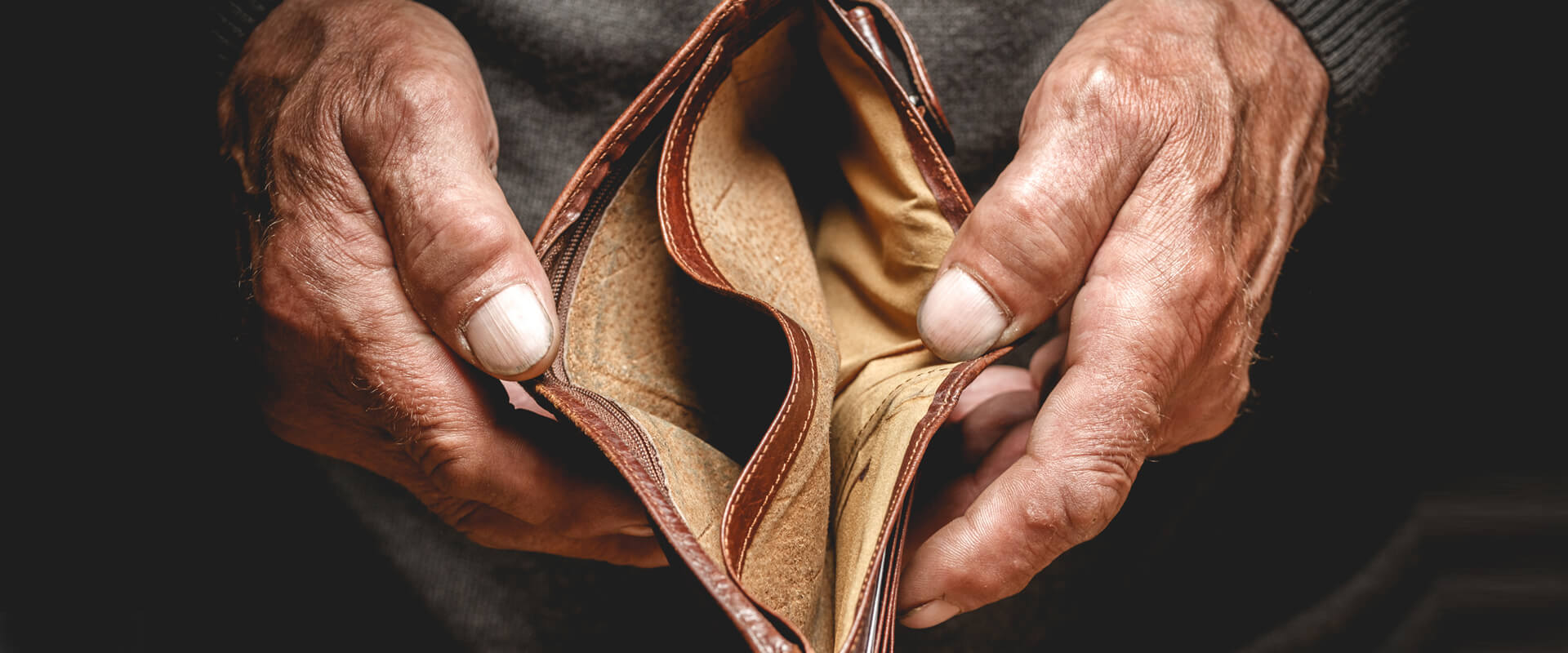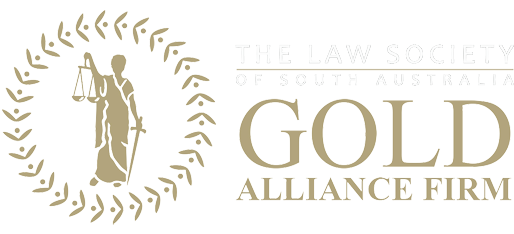Debt & Bankruptcy Lawyers Adelaide: Your Path to Financial Freedom
If you feel like you are drowning in debt and can see no other way out, the thought of formal insolvency can be overwhelming. At O’Toole Lawyers Adelaide, we provide clear, compassionate, and practical legal advice on all matters relating to debt and bankruptcy in South Australia.
We help individuals, sole traders, and professionals navigate complex financial distress, exploring every option to secure your financial future. The most important step is to act quickly—the earlier you contact us, the more options we can explore on your behalf.

Make an enquiry
Starting Bankruptcy Voluntarily: Key Steps in Lodging a Debtor’s Petition
1. Contemplating Personal Bankruptcy in Australia?
Bankruptcy is a formal legal process under the Bankruptcy Act 1966 (Cth). While it offers a pathway to a fresh financial start, it should not be entered into lightly. We provide a full explanation of the advantages and disadvantages before you make a decision.
Advantages of Declaring Bankruptcy (via Debtor’s Petition)
- Debt Release: Most of your unsecured debts incurred prior to the date of bankruptcy are written off.
- Stop Creditor Harassment: Creditors and debt collectors are legally required to stop contacting you and must instead deal with your appointed Trustee.
- End to Legal Action: Unsecured creditors cannot pursue further legal action against you to recover debts.
The Disadvantages and Long-Term Consequences
It is crucial to understand the implications of bankruptcy before proceeding:
- Asset Seizure: Your Trustee in Bankruptcy may sell off non-exempt assets, which can include the family home (even if jointly owned). Certain items, such as household goods and tools of trade (up to a protected value), are exempt.
- Income Contributions: If your after-tax income exceeds a set threshold, you may be required to make compulsory payments to your Trustee for the benefit of your creditors.
- Professional Restrictions: You are generally not allowed to be a director of a company while bankrupt. Certain professional licenses (e.g., builders, real estate agents) may also be affected, resulting in a loss of your right to practice.
- Credit History & Public Record: Your name is permanently listed on the National Personal Insolvency Index (NPII). The bankruptcy is also recorded on your consumer credit report for five years.
- Travel Restrictions: You must obtain written consent from your Trustee to travel overseas.
Your standard bankruptcy period lasts for three years and one day, provided you fully co-operate with your Trustee.
2. What Debts Are (and Are Not) Written Off in Bankruptcy?
Understanding which debts are covered is critical to assessing if bankruptcy is the right solution.
| Debt Category | Status in Bankruptcy | Examples |
|---|---|---|
| Debts Released | Written Off | Credit card debts, personal loans, unsecured bank loans, utility bills, trade debts. |
| Debts Not Released | Remain Payable | Court fines, penalties, child support/maintenance debts, debts incurred through fraud, certain HECS/HELP debts, and unliquidated damages. |
We will thoroughly review your financial position to advise on the status of all your outstanding liabilities, including complex ATO tax debts.
3. Crucial Alternatives to Bankruptcy in South Australia
Bankruptcy is not the only option. Before you file a Debtor’s Petition, we explore formal insolvency alternatives that can allow you to deal with debt without the full consequences of bankruptcy:
- Part IX Debt Agreement: A formal agreement between you and your unsecured creditors to pay a sum of money over a fixed period. This is an option for individuals who meet specific asset and income thresholds.
- Personal Insolvency Agreement (PIA): A more flexible alternative for individuals whose debts or assets exceed the limits for a Debt Agreement. A PIA allows you to propose a formal arrangement to your creditors, often involving a lump sum or payment plan, to resolve your debts.
4. Served with a Bankruptcy Notice? Act Fast!
If a creditor has a Judgement against you, they may serve you with a Bankruptcy Notice and subsequently a Creditor’s Petition to force you into bankruptcy (Involuntary Bankruptcy).
Do not wait until you are served with a Creditor’s Petition to act. If you receive any form of Court proceedings or a Notice of Intention to Commence Court Proceedings, you must seek urgent legal advice from our Adelaide debt lawyers. Early intervention allows us to explore options such as:
- Defending the Court proceedings to prevent a Judgement.
- Negotiating settlements with creditors.
- Setting aside a Bankruptcy Notice.
Contact O’Toole Lawyers immediately to discuss your matter and secure a confidential consultation.
This video provides additional context on the legal implications of personal bankruptcy in Australia:
Adelaide Debt & Bankruptcy FAQ
1. What is bankruptcy?
Bankruptcy is a legal process where an individual who cannot pay their debts gives control of their finances to a trustee. It helps manage debts but has serious legal and financial consequences.
2. How do I declare bankruptcy?
You can apply online through the Australian Financial Security Authority (AFSA) or seek advice from a lawyer or accountant to ensure your application is correct and complete.
3. What debts are included in bankruptcy?
Most unsecured debts (credit cards, personal loans, and unpaid bills) are included. Secured debts like mortgages are handled differently, as are debts to the ATO in particular.
4. Can I keep my assets if I go bankrupt?
Some assets are protected (tools of trade, basic household items, and some superannuation), while others may be sold to pay creditors.
5. How long does bankruptcy last?
Standard bankruptcy lasts 3 years and 1 day, but it can be longer in certain circumstances. After discharge, most restrictions are lifted, but some records remain on credit reports.
6. What are my obligations during bankruptcy?
You must:
- Provide information to your trustee
- Make payments from surplus income
- Notify your trustee of changes in financial status
7. Can I be sued if I owe money but am not bankrupt?
Yes. Creditors can pursue legal action to recover debts, including court judgments, garnishee orders, or seizure of assets.
8. Can bankruptcy stop debt collection calls?
Yes. Once bankruptcy is declared, creditors must deal with your trustee and cannot contact you directly for the debts included in bankruptcy.
9. Are there alternatives to bankruptcy?
Yes. Options include:
- Debt agreements
- Personal insolvency agreements
- Negotiated repayment plans
10. Do I need a lawyer for debt or bankruptcy issues?
Legal advice is strongly recommended to understand your rights, obligations, and options, and to avoid mistakes that could make your situation worse.


